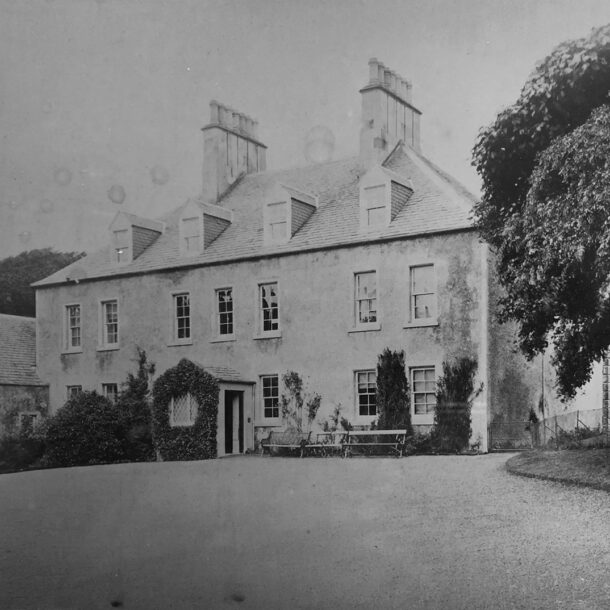

Close

The MacKintosh Clan stood divided when the Jacobites rose up against the British crown in the 1700s. The Stuarts, a Scottish dynasty that ruled over all of Britain, had been toppled in the Glorious Revolution in 1688. A new royal line, the Hanovers, took power, but in Scotland many resisted their new kings. The rebels were called Jacobites. They would not bend to the yoke of British rule, instead challenging England in a series of uprisings that spanned decades.
When war broke out again with the Jacobite Rising of 1745, Aeneas MacKintosh, his clan’s chief, hesitated to take up the rebel cause although most of his clansmen were Jacobites. Aeneas was pragmatic, and he doubted that the Jacobites stood a chance against the Hanover army. So, he dutifully raised troops for the Hanoverian king, George II. But his wife, Anne, carried the Jacobite banner high. She raised 600 men to fight in a Jacobite army, rallying them around the Stuart cause. Some suspect that Aeneas and Anne agreed to take up different sides in a political plot to protect themselves no matter what, while others champion Anne as a determined woman who dismissed her husband’s plans when they violated her principles.
At Dalmunzie Castle, the political divisions that rippled through the MacKintosh Clan and all of Scotland divided the house. Lachlan MacKintosh, the lord of Dalmunzie Castle, sympathized with the Glorious Revolution and the new Hanover dynasty, but his politics made him enemies in the Highlands. He was forced to join the ministry instead of living as a lord. He served as a pastor in parishes in the Lowlands until he died in 1744. His son, John, inherited Dalmunzie, but felt ill at ease in the wild Highlands. He was an absent lord, attempting to build a merchant business in London while Scottish Jacobites rose up against the crown. But he still had MacKintosh cousins at Dalmunzie, and they answered the call of Lady Anne.
In April 1746, the Hanoverian and Jacobite armies confronted each other in the Battle of Culloden. Legend has it that the MacKintosh men were so eager to fight that they were the first to attack the enemy’s lines. The Hanover army was larger, better-rested, and better-trained. The battle lasted no more than an hour, and it left 2,000 dead Jacobites and barely 300 dead British soldiers. The uprising had been quashed. Lady Anne spent six weeks in prison in Inverness before she rejoined her husband.
Meanwhile, John MacKintosh inherited Dalmunzie, but he never succeeded in business. He had to take out a £3000 pound heritable bond on his family lands in 1772. He could not repay it, so a judge sold Dalmunzie Castle to the highest bidder in 1782. John’s brother, Robert, was determined to recover the family estate.
Robert was a lawyer and Jacobite sympathizer. He never fought for the Jacobite cause, but in 1752 he served as advocate junior counsel for the accused in the legendary trial of James Stewart of the Glen. James was wrongfully accused of murdering Colin Roy Campbell. In the wake of the Battle of Culloden, the government dispossessed prominent clans with Jacobite sympathies. Campbell, a government agent, was riding to Duror to evict farming tenants on Stewart land and replace them with families of his own clan. But a bullet in the back stopped him. A man named Alan Breck Stewart had fired the gun, but fled before the government could make an example of him. So, the authorities fell upon James, the chief of the Stewart Clan. He was a peaceful man, but he had organized resistance to the evictions as he watched troops burn his neighbors’ homes to break down their rebellious spirit.
Robert and the other lawyers for the defense presented the court with a clear, proven alibi, but the court was not designed for justice. The judge was a Cambell as were several men in the 15-man jury. They found James guilty of aiding and abetting murder. He was hanged on November 8, 1752. As he died, he cried out that he was innocent even though people would remember him as a murderer. His body hung to rot in the open air for 18 months. But contrary to his fears, he became a folk hero, not a villain, in Scotland’s memory. As recently as 2010, his sympathizers pressed the courts of Scotland to clear his name.
Although Robert could not save James, he did live on to have a successful legal practice. He was able to buy back Dalmunzie Castle and restore it to the MacKintosh family.